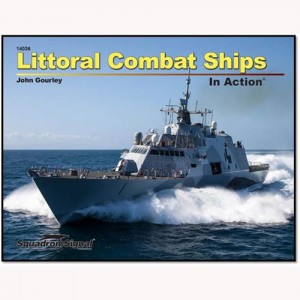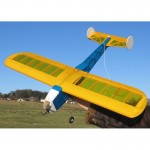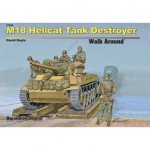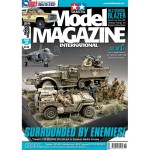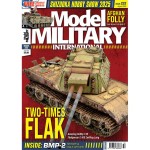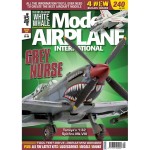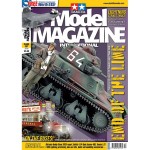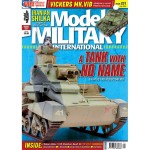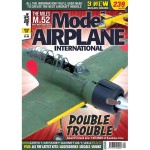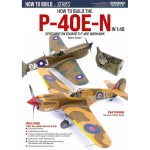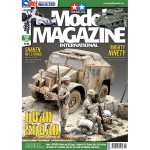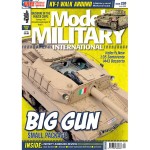Sea power in the 21st Century is rapidly taking on a new look – vastly different from the massive and ponderous navies of the past. Littoral combat ships or LCSs are a class of small surface vessels that are meant to operate in coastal areas where they can neutralise the many fluid localised threats that are so characteristic of the modern age. Designed for deployment in place of the destroyer or cruiser, the LCS was envisaged by the Navy as a networked, agile, stealthy surface combatant capable of defeating anti-access and asymmetric threats in the littorals. The U.S. Navy operates two basic classes of LCS: the Freedom class and the Independence class, the latter being characteristically a trimaran. In keeping with the basic LCS concept, crew size, like the size of the vessel itself, is to be small. Deployments will thus involve 50-percent fewer ships and 25-percent smaller crews than previously, but quality – the technical sophistication, versatility, and speed of the LCS – is to more than make up for the difference in quantity. LCS versatility partly consists in the vessel’s ability to be reconfigured for different duties and roles by changing mission modules. Mission modules consist of weapon systems, sensors, etc., that are designed for specific types of task. Specific personnel will accompany relevant modules. Modules have been designed for anti-submarine warfare (ASW), mine hunting (MCM), surface warfare (SUW) and special warfare missions. Littoral Combat Ships in Action puts you inside these cutting-edge fighting ships and introduces their various configurations and their modern weapons systems. Packed with more than 250 photographs. 80 pages.
ISBN = 978-0-89747-806-9.
Other Products You May Also Like:
Strangers in a Strange Land, Vol II
by adminEP Coupe Plan MF230
by adminM18 HELLCAT TANK DESTROYER WALK AROUND (Hard cover)
by adminIssue 014 (932)
by admin
Shopping Cart
There are no items in your cart.Latest Products Added
Issue 358 - August 2025
by adminIssue 141 (1059)
by adminIssue 232 - Aug 2025
by adminMAI Issue 240 - July 2025
by adminIssue 140 (1058)
by adminIssue 357 - July 2025
by adminSlot - Issue 70
by adminIssue 231 - July 2025
by adminMAI Issue 239 - June 2025
by adminHow to Build the P-40E-N in 1:48
by adminIssue 356 - June 2025
by adminIssue 139 (1057)
by adminIssue 230 - June 2025
by adminMAI Issue 238 - May 2025
by adminIssue 138 (1056)
by adminIssue 355 - May 2025
by adminSlot - Issue 69
by adminIssue 229 - May 2025
by admin

